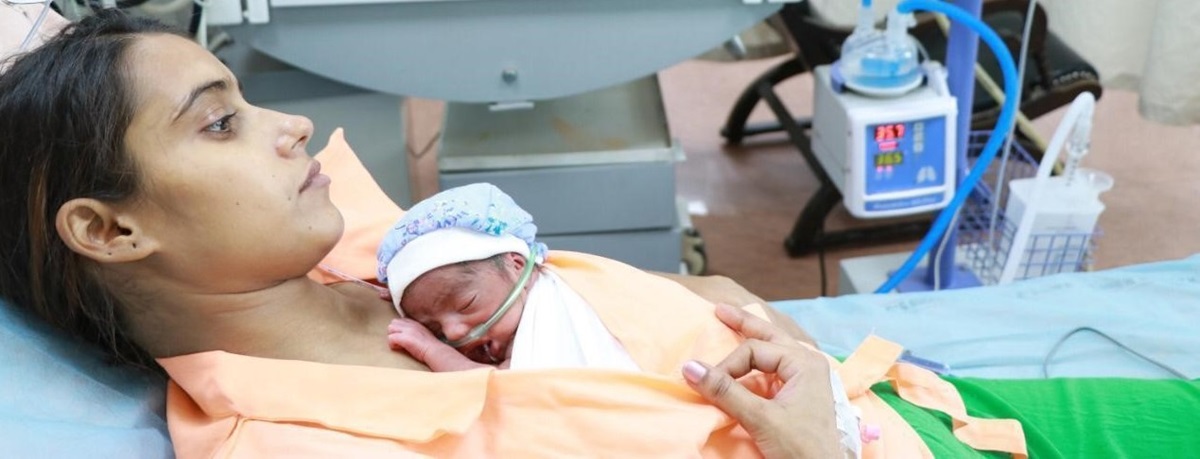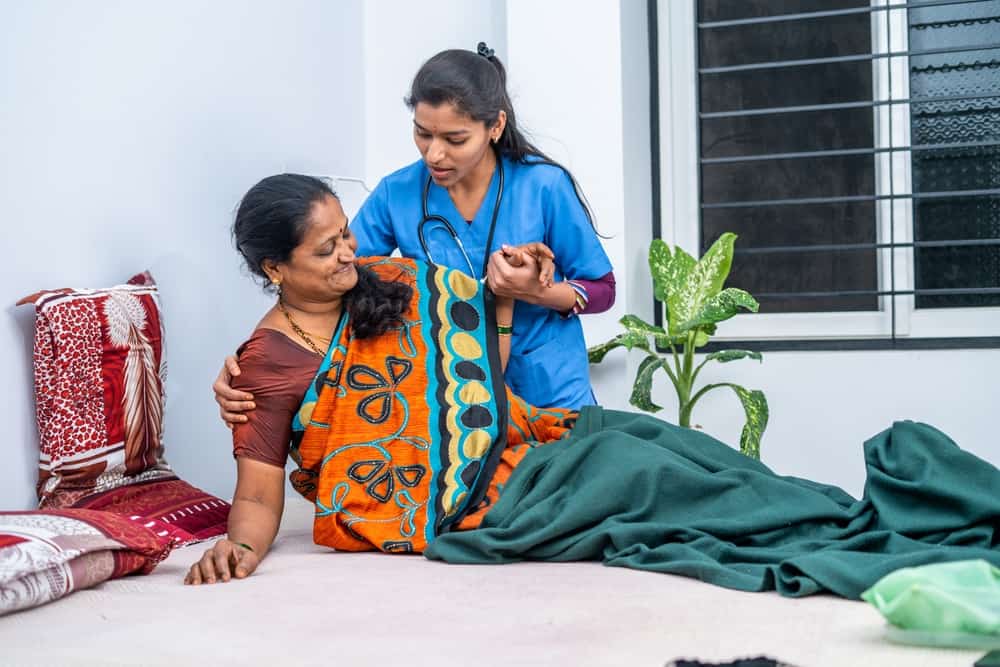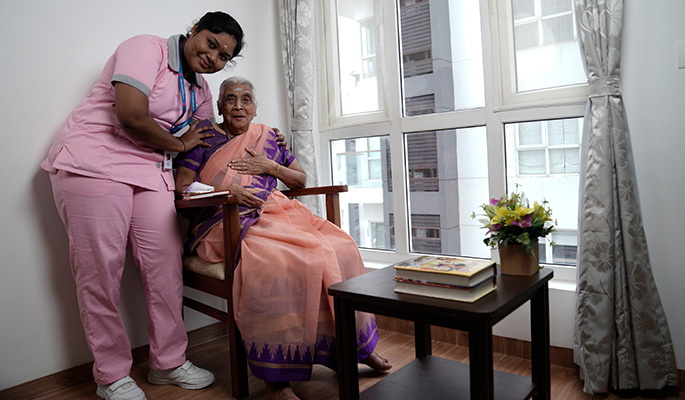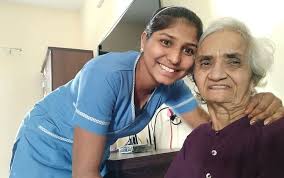Ensuring adequate maternal and newborn care in Bangladesh is not just a matter of healthcare but a fundamental human right and a crucial determinant of a nation’s well-being. Bangladesh, like many developing countries, faces significant challenges in providing comprehensive maternal and newborn healthcare services due to factors such as poverty, limited access to healthcare facilities, and cultural barriers.
Maternal mortality rates, although declining, remain unacceptably high in Bangladesh. The journey from pregnancy to childbirth can be perilous for many women, particularly those in rural areas with limited access to skilled birth attendants and emergency obstetric care. Improving maternal health outcomes requires a multifaceted approach that addresses both medical and socio-economic determinants.
Access to quality prenatal care is essential for ensuring maternal and newborn well-being. However, in Bangladesh, many women still do not receive adequate prenatal services due to various barriers, including distance to healthcare facilities, cost, and lack of awareness. Initiatives aimed at increasing access to prenatal care, such as mobile health clinics and community health workers, have shown promise in reaching marginalized populations.
Skilled birth attendance is critical for reducing maternal and newborn mortality. Training more midwives and deploying them to underserved areas can significantly improve childbirth outcomes. Additionally, ensuring the availability of emergency obstetric care in healthcare facilities is essential for managing complications during childbirth promptly.
Postnatal care is equally important for both mothers and newborns. Monitoring for postpartum complications in mothers and providing essential care for newborns, such as immunizations and breastfeeding support, can prevent many deaths and complications during the vulnerable postpartum period.
Empowering women with education and resources is central to improving maternal and newborn care in Bangladesh. Programs that promote maternal health literacy, family planning, and women’s rights can help women make informed decisions about their reproductive health and seek timely medical care when needed.
In conclusion, addressing the challenges of maternal and newborn care in Bangladesh requires a comprehensive approach that encompasses medical interventions, community outreach, and socio-economic empowerment. By investing in maternal and newborn healthcare services and prioritizing the well-being of women and children, Bangladesh can achieve significant progress in reducing maternal and newborn mortality and ensuring a healthier future for its citizens.





